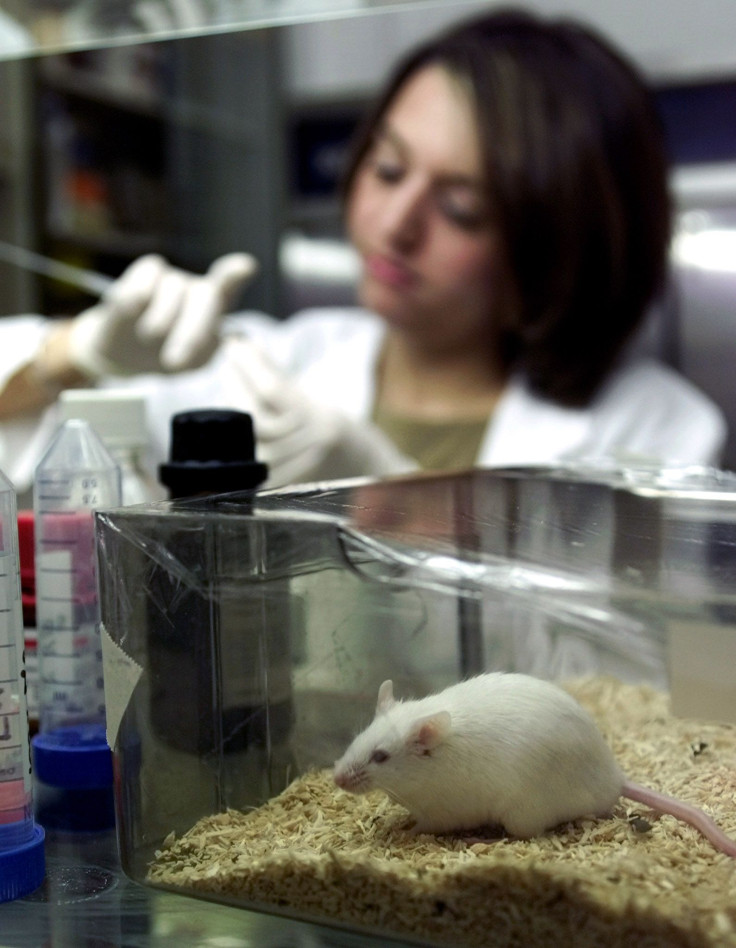Bacteria may come back as pharma firms find no new antibiotics after 1960s

With pharmaceutical companies increasingly putting research on the backburner, many bacterial infections threaten to make a comeback in the absence of new drugs in the market. There has been virtually no research progress, with most of the antibiotics in use today having been discovered between 1940 and 1960.
This is a matter of serious concern considering the pace at which multi-drug-resistant bacterial infections are spreading. Scientists have, in fact, found evidence in farm animals in China that genes for antibiotic resistance are getting directly transferred among different bacteria which could cause resistance to build up more quickly.
According to the New Britain Herald, this disturbing trend has once again come to light in the proposed merger of pharmaceutical giant Pfizer with competitor Allergan. The two companies are striving to reduce their tax bills through the move, which will naturally hit any long-term research plans.
It’s as if progress in electronics had more or less stopped following the 1947 invention of the transistor, says the report, adding that the few synthetic drugs discovered in the 1960s haven’t paved the way for any major breakthroughs.
Pharmaceutical companies, however, maintain that they are collaborating through funding and financial arrangements to create “open partnerships” with academic research labs and also with competitors, says the Pharmaceutical Technology Sourcing and Management. Such partnerships seek to share risks and enhance the chances of success in new research on drugs, it says.
The report cites a precedent in the recent deal between AstraZeneca and Sanofi, which have agreed to exchange 210,000 new compounds from their proprietary libraries. They have also agreed to share chemical structures and synthetic procedures, boosting chances of drug research breakthroughs.
Contact the writer at feedback@ibtimes.com.au or tell us what you think below





















